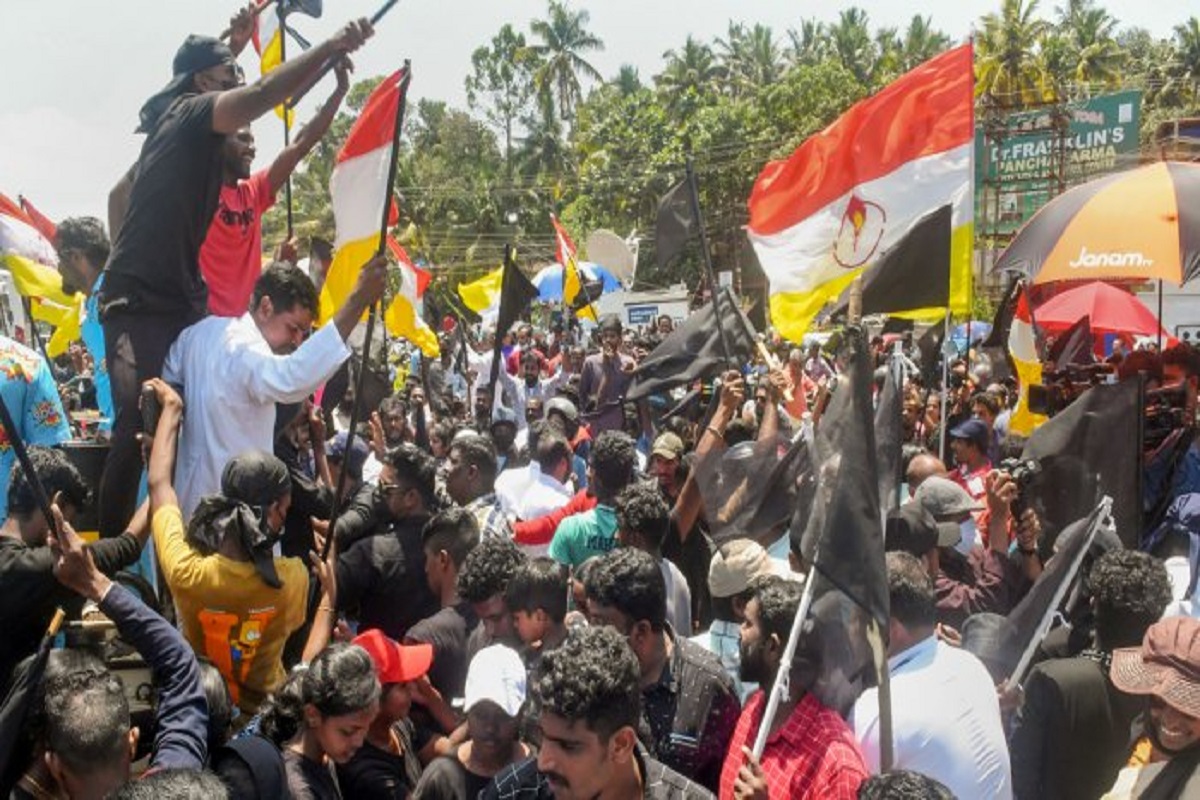Reports emerging from Kerala of the injuries sustained by protestors and policemen clashing at the site of a port project of the influential Adani group underscore, once again, the need for the industry to address the concerns of local communities before embarking on ambitious projects.
The protests at the site of the Vizhinjam port project have acquired both social and religious overtones with Catholic priests joining locals to block access to the project site. The protestors, largely local fishermen, say construction of the port is causing coastal erosion and depriving them of their livelihoods.
Advertisement
The Adani group has obtained an order from the Kerala High Court asking that construction be allowed to re-start. But police are wary of pushing beyond a point lest the law-and-order situation goes out of control.
Protest groups allege that police have used brutal means to put them down, including pelting them with stones. The latest flashpoint came when protestors barred Adani group vehicles from entering the project site, whereupon police arrested some of them. This caused a violent backlash, with priests joining the villagers. Police allege armed protestors barged into the local police station demanding the release of their colleagues and threatened to burn the place down if this was not done.
The Adani group has been characteristically taciturn about responding to queries. But it had previously said that the port complies with all legal requirements. It had cited studies that show port development work has no relation to shoreline erosion, a position seemingly endorsed by the state government which has blamed natural causes for the erosion.
The legal position in favour of the Adani group has been endorsed by the High Court, which asked the state government on Monday why its order to allow construction was not being complied with. The Rs 7,200 crore project is targeted at pitting Vizhinjam against ports in Dubai, Singapore, and Colombo and is the result of a collaboration between the Union government, Kerala, and the company, with each picking up a part of the tab.
The industrial conglomerate has a 40-year agreement to build and operate the port and the project has already been delayed by acquisition issues, the pandemic, and now these protests. The imperative to address local communities meaningfully is of course an essential requirement for stakeholders, and the intensity of the protests would seem to suggest that this has not been done adequately.
Because of the mix of social and now religious factors, with the Church having stepped in on the side of the protestors, the authorities will have to temper firmness with a degree of caution. While the importance of infrastructure development cannot be denied, local concerns too must be dealt with. The political equations in Kerala are delicate, and the state will be wary of being seen to be too harsh with protestors. At the same time, the development of the project cannot be indefinitely stalled.









